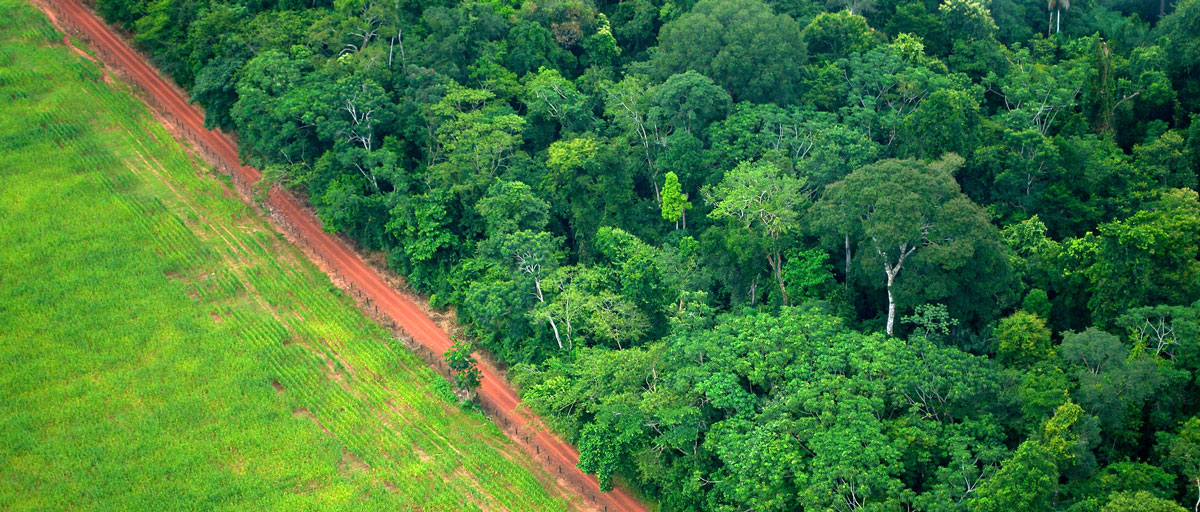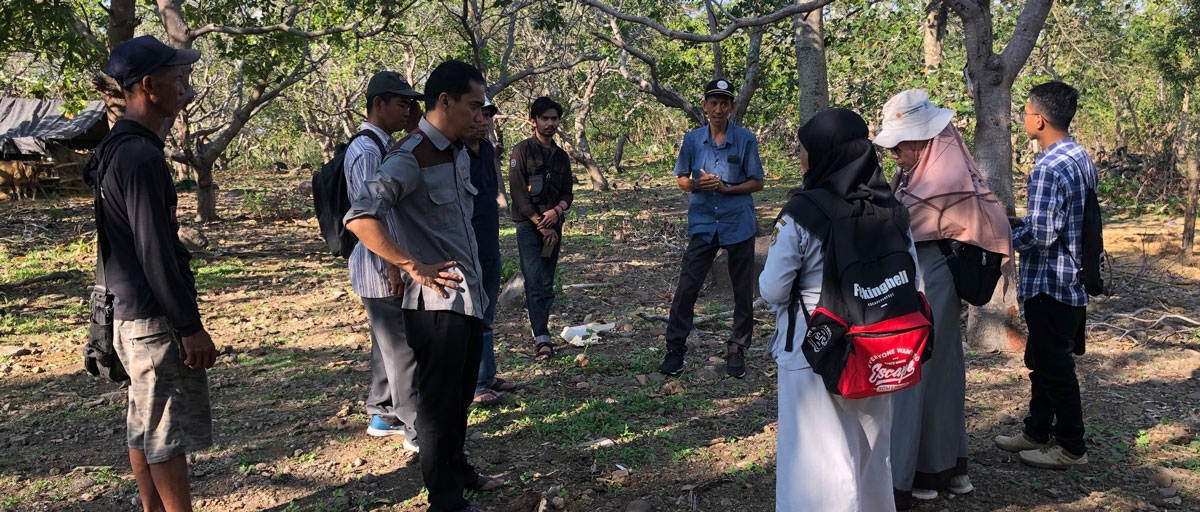TRANSFORMATION
Strong civil society crucial to halt destruction of the world’s tropical forests

Climate action that is environmentally and socially just requires a vibrant civil society, driving, leading, and pushing for change, and being able to hold decision makers accountable to their promises, according to a new paper. Photo: S. Lahiri
What is needed - and often missing - is a shared transformational objective and priority to keep the forests standing
- Tropical forests are high on today's political agenda and are claimed for a myriad of global, national, and local interests, often to the disadvantage of local people and environments
- For economic development to be sustainable, climate friendly and equitable, governments must resist interests that are benefiting from the status quo
- A vibrant civil society, driving, leading, and pushing for change, is necessary for holding decision makers accountable to their promises
FOREST FRONTIERS: Halting devastating tropical forest loss and achieving fair and just sustainable development in forest regions is no easy task.
From timber and production of soy, oil palm, and pulp and paper, to poverty reduction, conservation and ‘green’ growth, government authorities, businesses, conservationists, communities, environmental defenders, and other members of civil society can have very different and often competing interests.
So how can we break away from unsustainable and unjust “business as usual'' land exploitation where the biggest losers are the local people and the forests they call home?
New research published in the journal Ambio led by Maria Brockhaus from the University of Helsinki, and co-authored by centre researcher Grace Wong explores this question.
Drawing on work from Southeast Asia, South America, and West Africa, the authors unpack when and how government climate policies can result in transitions to socially and environmentally just forest use.
Whether economic development will be sustainable, climate friendly and equitable depends on a government’s ability to resist the interests that are benefiting from the status quo.
Maria Brockhaus, lead author
Civil society key
They found that what is needed - and is often missing - is a shared transformational objective and priority to keep forests standing among all interested.
Where the colonial, ‘post’-colonial, and newly created neoliberal institutions have built on each others’ power structures to realise their common interests, there is little working in favour of effective and equitable climate action.
Climate action that is environmentally and socially just requires a vibrant civil society, driving, leading, and pushing for change, and being able to hold decision makers accountable to their promises.
“Only governments that are open and responsive to broader values of society and their citizens are able to gain at least some autonomy from large-scale economic interests, and—allied with other reformist policy actors—eventually initiate transformative change,” say the authors.
Wider political and economic change needed
The study highlighted that climate policies are able to contribute to desired changes through, for example, taking into account new or different forms of knowledge, or removing incentives for those driving large-scale deforestation.
“However, failing to challenge the wider political and economic system governing forests and forest lands and focussing only on symptoms and isolated solutions, climate policies risk maintaining and worsening social and environmental injustices of today’s business-as-usual forest exploitation,” conclude the authors.
Brockhaus, M., Di Gregorio, M., Djoudi, H. et al. 2021. The forest frontier in the Global South: Climate change policies and the promise of development and equity. Ambio. https://doi.org/10.1007/s13280-021-01602-1








